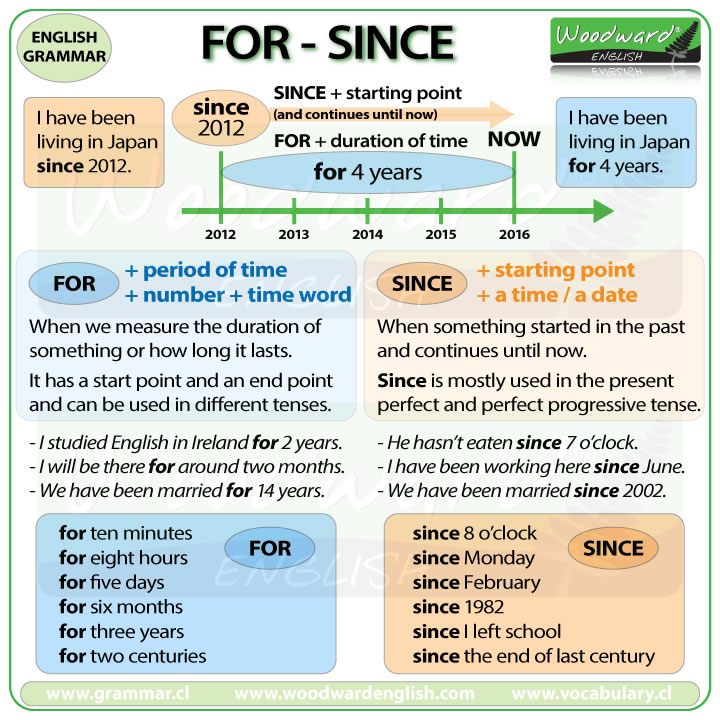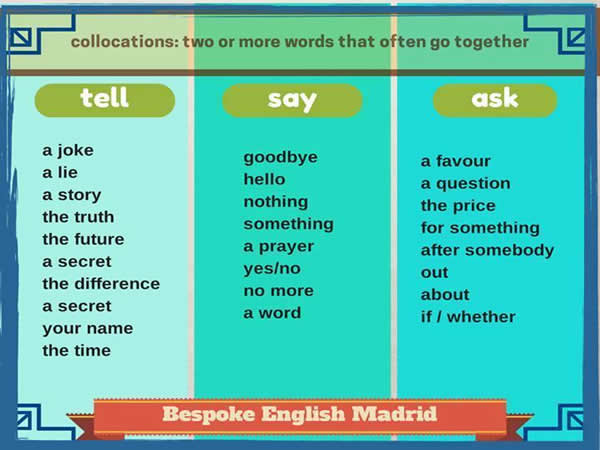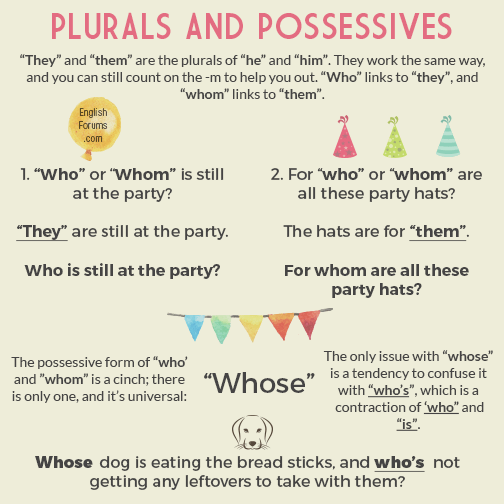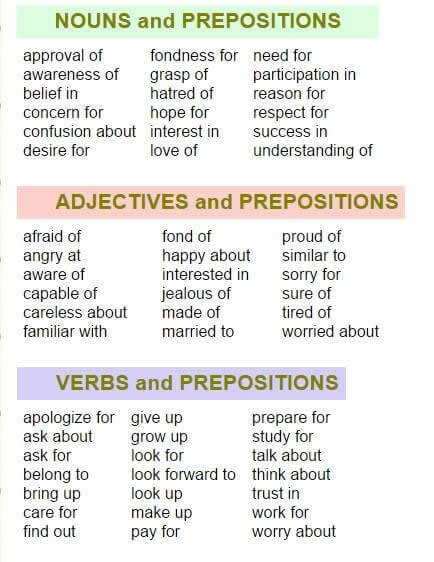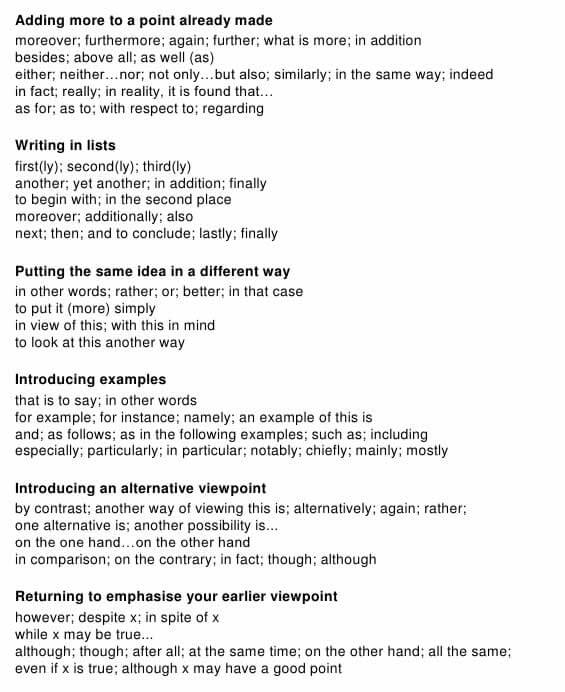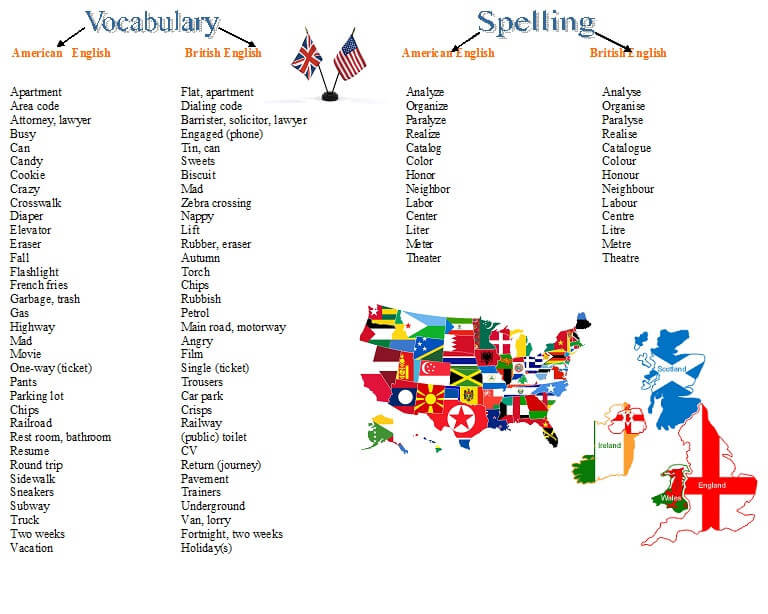Must / Cant / Should / Needn’t / Might / May / Could Have; Expressing modals must have / cant’ have / should have / needn’t have / might …
Difference Between For and Since For and Since can be used with the present perfect tense. They tell us when something started and that it’s still happening now.
Common British English Idioms All mouth and no trousers, at the end of your tether, on the back foot, up the spout and etc…
Collocations – Tell, Say, Ask Collocations; two or more words that often go together. In this examples related to verbs “Tell”, “Say”, “Ask”;
Adjectives; An adjective is a word that describes a noun or pronoun such as a person, place, thing, or idea;
Idioms of Food – Meanings – Examples; not my cup of tea, cool as a cucumber, the cream of the crop and etc…;
“They” and “them” are the plurals of “he” and “him”. They work the same way and you can still count on them to help you out. “Who” links to …
Vocabulary Study; Nouns – Adjectives – Verbs & Prepositions; uses of some nouns,adjectives and verbs with prepositions;
Useful Essay Words and Phrases; Certain words are used to link ideas and signpost the reader the direction your line of reasoning is about to take, such as adding …
American English vs British English; difference between american english vocabulary and british english vocabulary;


